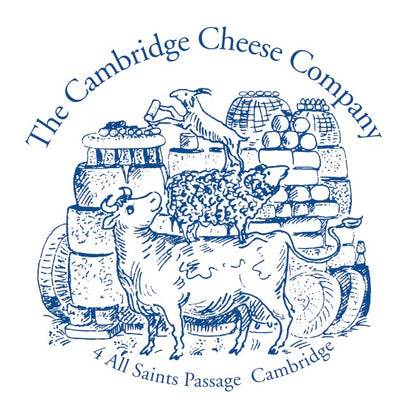Guadalcanal 67% Chocolate, Soloman Isles, Chocolarder
This bar’s tasting notes are: Mango and pineapple melt into malty biscuits, coffee and notes of walnut. The cacao beans for this bar are grown by over 200 indigenous farmers on the island of Guadalcanal, making the most of the tropical climate and fertile, volcanic soil. The cacao is grown alongside coconut trees, root vegetables and hardwood, best using the local resources and ensuring sustainable agriculture. Some of the cocoa trees date back to 1980.
Total Weight: 70g.
Ingredients: Cocoa Beans, Unrefined Raw Sugar.
£8.50
Unit price
/
Unavailable
Couldn't load pickup availability


